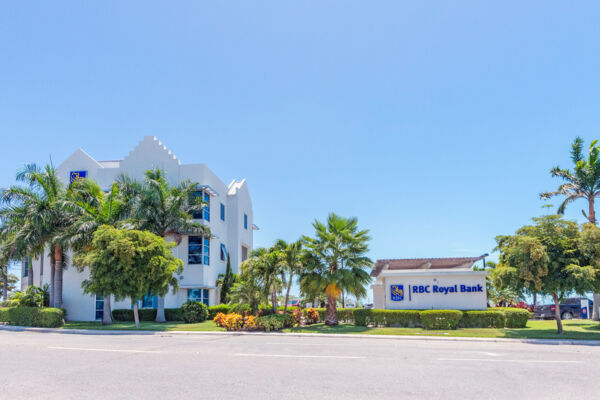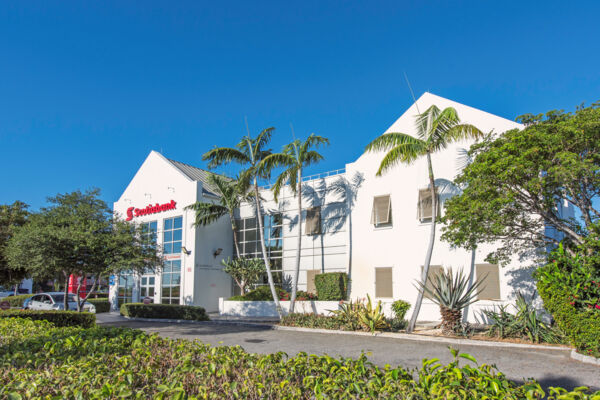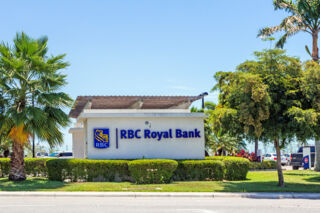Turks and Caicos Banks & Financial Institutions

To do business and to live in the Turks and Caicos Islands, you’ll need to open a local bank account. Providenciales is home to several financial institutions specializing in investment, wealth management, and offshore banking.
Bank accounts in the Turks and Caicos may be held tax-free, and there are no controls on currency exchange or international transfers out of the Turks and Caicos jurisdiction. Most corporate banking is done at the several international banks that operate in the islands, primarily on the main island of Providenciales. Scotiabank, Royal Bank of Canada, and CIBC Caribbean maintain local branches.
Unfortunately, Turks and Caicos banks lack the efficiencies of banks in North America and the United Kingdom, or in Caribbean countries with larger and more established financial services industries. Service at these banks can be slow and poor.
Opening a corporate bank account can take several months. Hiring a local Turks and Caicos lawyer or attorney to set up an account on behalf of a corporation is highly recommended.
For information on money and ATMs, see Money, Currency, and ATMs in Turks and Caicos.
Banks in Turks and Caicos
When choosing a bank, consider where your clients bank. High fees make transferring funds between different local banks expensive, so it's easier to choose an institution that your clients or the people whom you’ll be transacting with are already using. CIBC Caribbean is the most popular bank in the Turks and Caicos Islands.
All major local banks offer personal banking products with online banking and a Mastercard or Visa debit card for access to funds. For corporate accounts, not all banks offer debit cards.
Corporate and Commercial Banking
It’s advised to retain the services of a local Turks and Caicos lawyer or attorney when setting up an account on behalf of a corporation. For local corporations, a wide range of supporting documents are required, including an incorporation certificate, a certificate of good standing, registers of shareholders and company directors and officers, and know-your-customer (KYC) documents on the company’s principals.
Bank Service Expectations
Compared to North American and European standards, banks in the Turks and Caicos have poor customer service. On average, it takes 1–3 hours for service, and lines are often outside the building in the hot sun.
Turks and Caicos banks rarely respond to email communications, and if they do, it may take several weeks to resolve an issue. New accounts, especially for corporate customers, may take 2–6 months to open. Bank representatives in the Turks and Caicos are often unable to answer questions pertaining to bank policies, and it may be necessary to contact regional managers for information.
Regulations and Oversight

The financial services industry in the Turks and Caicos Islands is regulated by the independent, statutory Financial Services Commission (FSC), which was established in 2001. This body regulates the formation of companies, trademark and patent registration, domestic and international insurance, money remittance services, and banks and trust companies.
Mortgages and Lending Facilities
The major local banks offer mortgages. Some other local financial institutions specialize in this area. It’s not always possible to obtain a mortgage for buy-and-build (undeveloped land) due to increased risks to the financial institution.
History of Banking in the Turks and Caicos
Barclays Bank was the first major bank to open in the Turks and Caicos in 1981. This was followed in 1982 by Scotiabank. In 2002, Barclays merged their Caribbean banking operations with CIBC to form FirstCaribbean, later retitled CIBC FirstCaribbean then CIBC Caribbean.
TCI Bank was the first major locally developed bank, which opened in 2005. However, it was closed in 2009. Approximately 76% of borrowers (totaling $66 million in debt) were in default.
The Turks and Caicos Crown
The Turks and Caicos uses the U.S. Dollar as its currency.
The Government also issues Turks and Caicos crowns, which are legal tender collectable coins. These coins depict her late Majesty Queen Elizabeth II on one side and various historical, social, or natural island features on the other.
Turks and Caicos Banks



